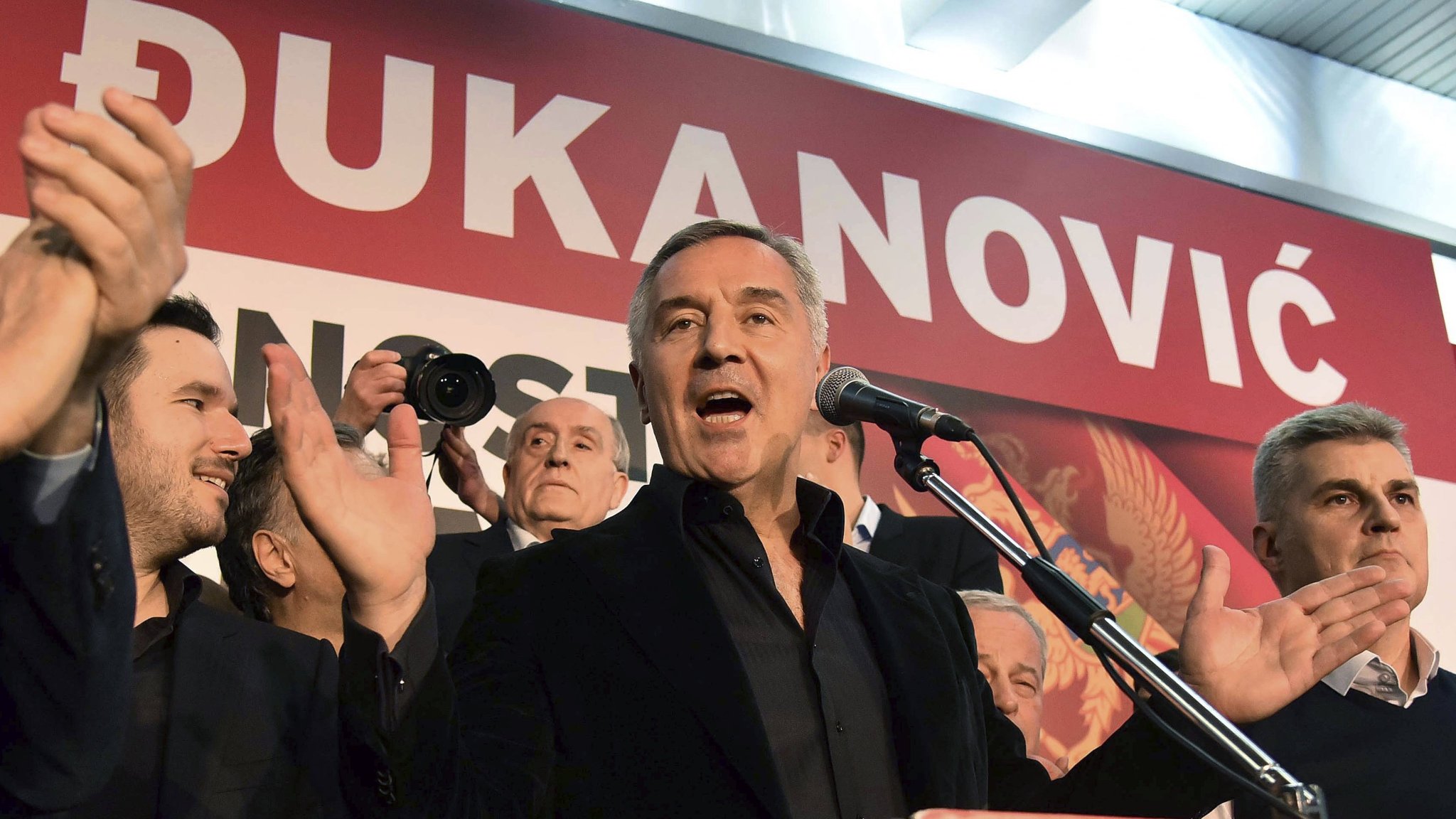
Will Democracy Bloom in the Balkans or Die on the Vine?
By Duggan Flanakin*
With much of the world’s attention divided among the Russian-Ukrainian war, China, the Middle East, and myriad other geopolitical hostilities, a proxy war playing out in a tiny corner of Europe is progressing largely unnoticed.
Montenegro is a key link between Europe and the Middle East, a gateway to the Mediterranean, and a connection to Europe’s energy markets, making it an attractive target for global actors wanting to expand influence in the region. One of those powers is Russia, which has worked for many years to infiltrate Montenegro and other Western Balkan countries in an effort to undermine the European Union’s influence and expand its own.
While Russia’s interest in the region is not new, it has certainly become more persistent as relations with the West have deteriorated dramatically.
In 2016, Montenegro experienced a failed coup attempt, which was later found to have been orchestrated by Russian intelligence agencies. The aim of this operation was to derail Montenegro’s path to NATO membership and prevent the country from moving closer to the West.
President Vladimir Putin has cultivated relationships with politicians and leaders who are sympathetic to Russian interests. In Montenegro, Putin has found a willing and cooperative partner in the Democratic Front, a political party with close ties to Russia that has been working to undermine Montenegro’s pro-EU political parties and their leaders.
Presidential elections scheduled for March 19, 2023 in Montenegro are queued up to be a critical turning point in determining whether the country can maintain its pro-EU trajectory or face further derailment. Montenegro has made significant progress in recent years towards EU membership, but there is still work to be done.
The next president must be committed to the EU accession process, able to navigate the complex political landscape of the Western Balkans, lead the country forward, and resist the influence of outside powers. Unfortunately, this goal is not guaranteed.
The 2020 parliamentary elections in Montenegro decelerated the country’s progress towards EU membership and raised concerns about the country’s direction. The changes in political leadership and the increased influence of Russia have hindered Montenegro’s efforts to integrate with Europe. Now more than ever it’s incumbent upon the country’s western-aligned leaders combat future political instability and economic uncertainty in order to chart a European path forward.
Montenegro’s importance to its Western allies can be seen through past actions of its top leaders. Former Prime Minister and current President, Milo Djukanovic, was a key partner for the US and EU in the region, providing stability and working towards shared goals. Djukanovic played a pivotal role in delivering stability and security upon the breakup of Yugoslavia and Montenegro’s eventual independence. He helped Montenegro become a full-fledged NATO member and supported Kosovo’s independence.
This posture has not gone unnoticed by EU and US allies. In a recent press statement United States Secretary of State, Anthony Blinken, said, “Russia’s brutal war against Ukraine reinforces that we must all be diligent in defending freedom, which the United States is proud to do alongside its NATO Ally Montenegro. The United States will stand by Montenegro, as a friend, partner, and Ally, as it progresses on its Euro-Atlantic path and takes its rightful place as a full member of the European community.”
The March 19 election will be closely watched by the international community; its importance cannot be overstated. It is critical that Montenegro’s next president have a clear vision for the country’s future, prioritize his commitment to the EU accession process, and resist Russian influence.
The challenges facing Montenegro are significant, but with the right leadership and continued support of its allies, the country can continue on its path towards full EU membership and reestablish its commitment to unwavering democracy in the Balkans.
* Duggan Flanakin is the director of policy research at the Committee For A Constructive Tomorrow.
